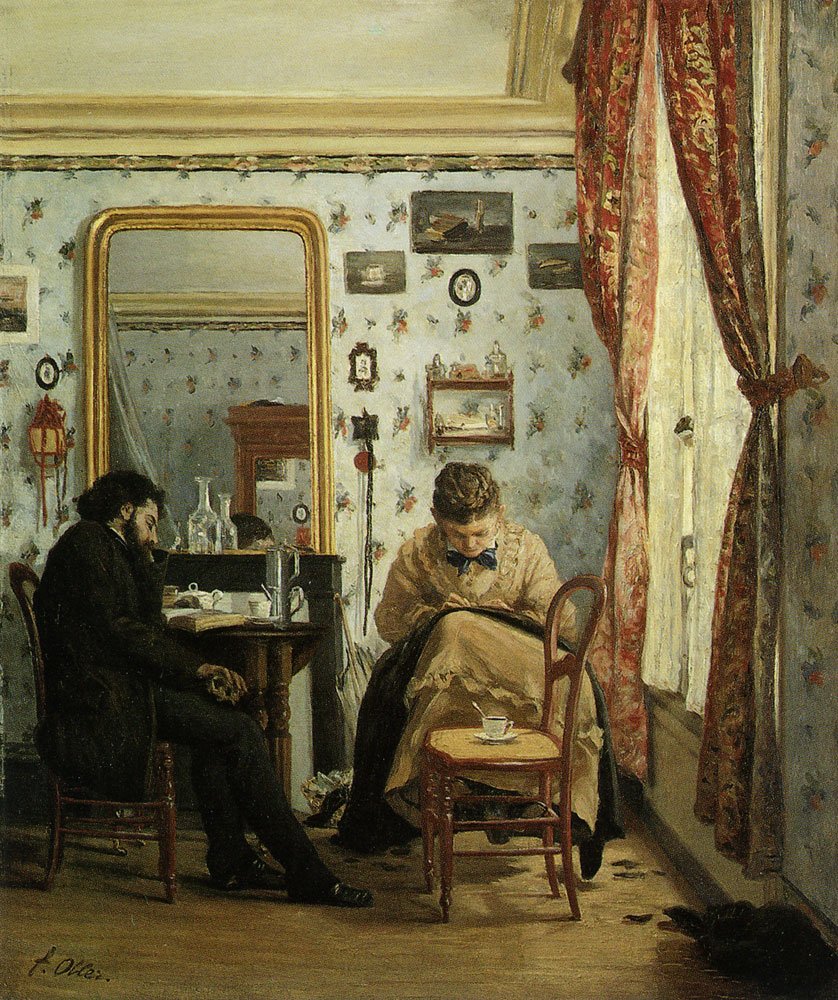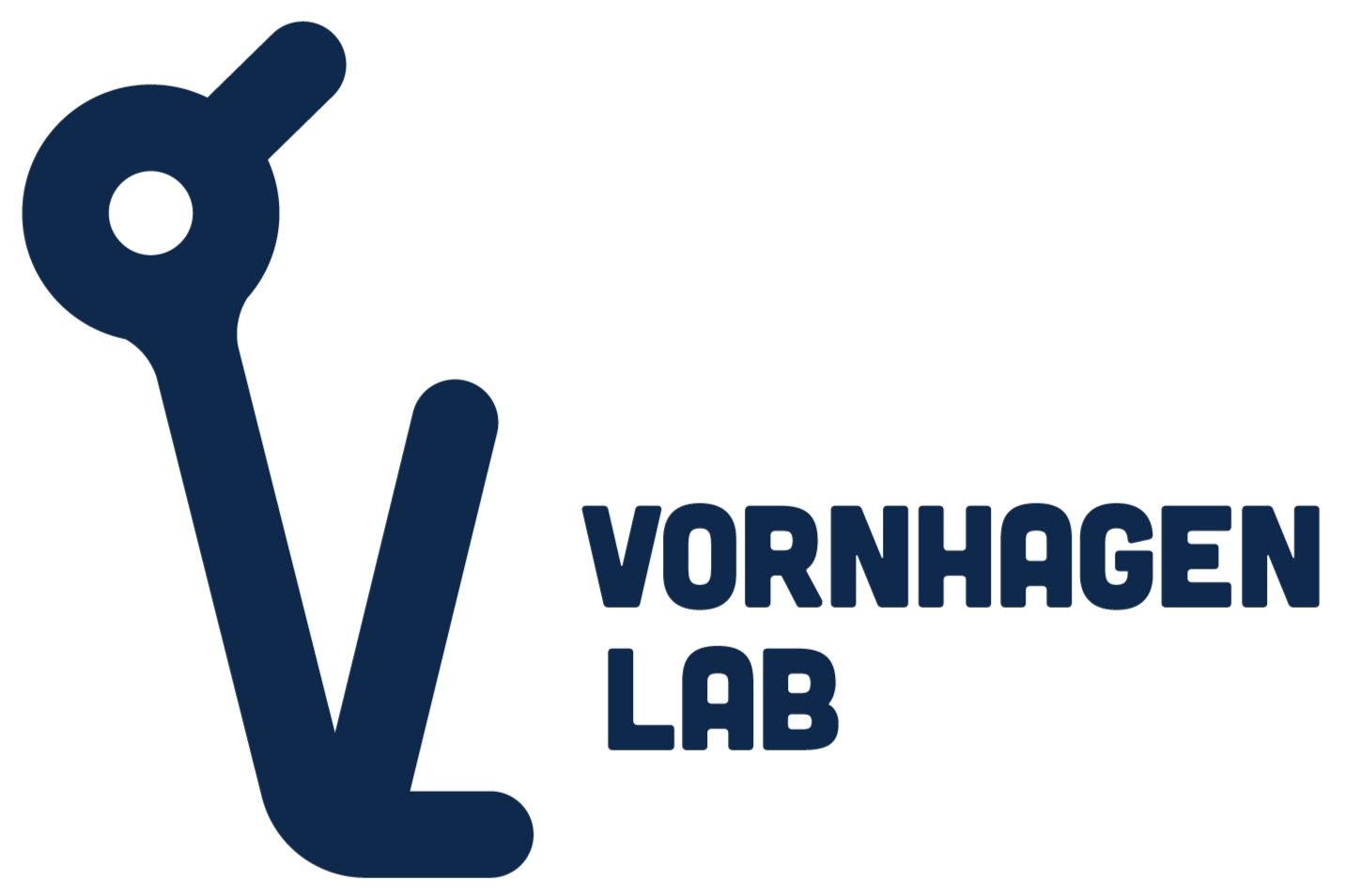Current projects
If you are interested in working on any of these projects, please feel free to reach out to Jay!

Identification of Klebsiella pneumoniae gut fitness factors
The Vornhagen lab is interested in identifying and characterizing K. pneumoniae factors that enhance fitness in the gut, specifically in the context of a microbiome that has not been disrupted by antibiotics or other perturbations (a.k.a. an “intact” microbiome). Through standard microbiological approaches and a murine gut colonization model, we aim to use both forward and genetic screens to identify candidate gut fitness factors, then determine how these factors influence gut fitness.
Characterization of microbiota that influences Klebsiella pneumoniae gut fitness
The Vornhagen Lab aims to assess K. pneumoniae gut colonization in different microbiome backgrounds through the use of natural experiments. By exploring the ability of K. pneumoniae to colonize intact gut microbiomes with differing microbiota community structures, we hope to identify communities, individual microbes, and host factors that reduce K. pneumoniae gut fitness or inhibit colonization altogether.
Assess interspecies competition between Klebsiella pneumoniae and indigenous gut microbes
The Vornhagen Lab aims to measure the ability of K. pneumoniae to compete with indigenous gut microbes found to that reduce K. pneumoniae gut fitness or inhibit colonization. By exploring the ability of indigenous microbes to inhibit K. pneumoniae, we aim to identify those with probiotic potential. These microbes will then be assayed for their ability to reduce the K. pneumoniae gut load or exclude it from the gut.
Characterization of the gut community structure of Klebsiella colonized patients
The Vornhagen Lab is interested in evaluating the structure of the gut microbiome in the real world. By exploring the gut community structure in colonized patients, we can understand how this structure influences the outcome of colonization, as well as assess the translatability of laboratory-based findings. Ultimately, this work will permit therapeutic studies to reduce the risk of infection in Klebsiella colonized patients through decolonization-based therapies.
